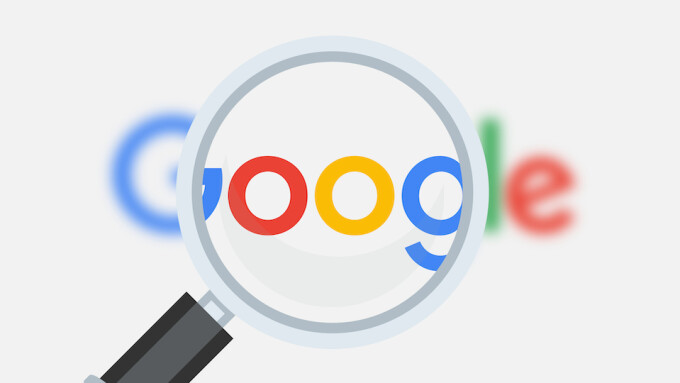MOUNTAIN VIEW, Calif. — Google’s updated policies allowing individuals to remove “personal, explicit images” from Google Search results will not affect most commercial images created by a third party with appropriate contracts and releases.
As XBIZ reported, the policy, which was unveiled last week, was designed to target nonconsensual explicit imagery and to enable individuals “to remove from Search any of their personal, explicit images that they no longer wish to be visible in Search,” Google VP for Trust Danielle Romain shared through the platform’s blog.
At the time, Romain specified that the new policy “doesn’t apply to content you are currently commercializing.”
Still, questions lingered among adult companies and creators about situations involving explicit images of individuals who were under contract and/or had given full releases to third-party content producers, including studios and companies.
A Google rep told XBIZ that under the new takedown policy, individuals “can request the removal of third-party created content that features them, if it has been removed by the original publisher.”
The Google rep directed XBIZ to the full text of the new policy, which states that for the company to consider the content for removal, it must meet the following requirements:
The imagery shows you (or the individual you’re representing) nude, in a sexual act, or an intimate state.
You (or the individual you’re representing) didn’t consent to the imagery or the act and it was made publicly available, or the imagery was made available online without your consent.
You are not currently being paid for this content online or elsewhere.
For non-authorized commercial content, such as pirated material, that does not fall under those requirements, Google instead recommends requesting the removal under DMCA.
Two Specific Scenarios
According to the policy, if Individual A agrees to perform in an explicit sex scene for Company B and signs a contract, release form and 2257 form, which are in the possession of Company B, but then later changes their mind and wants the content removed from Search, the content can only be removed if Company B has withdrawn it from distribution.
Under the new policy, Google would also not automatically remove content if, for example, Individual A agreed to perform in an explicit sex scene for Company B, but Company B later sold the content and transferred the rights to Company C, which marketed it in a way that Individual A disapproved of, leading Individual A to request its removal from Search.
The performer might have other options, however, particularly if the third-party publisher were found to have utilized predatory means in the production of the content featuring the reporting user. A notable example of that scenario would be the GirlsDoPorn case.
Another scenario in which the performer could request removal of search images is if the third-party producer relinquished its rights to the content.








